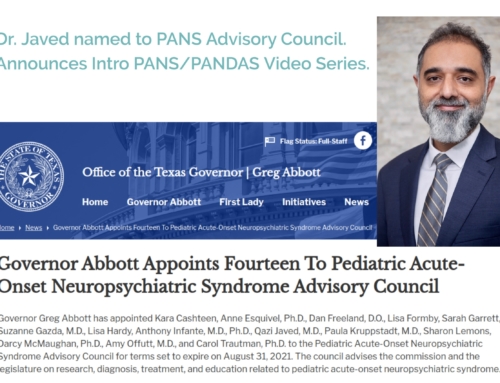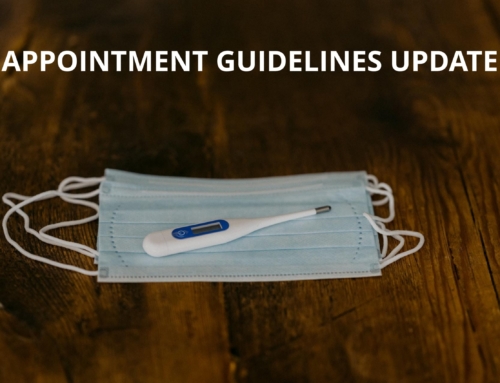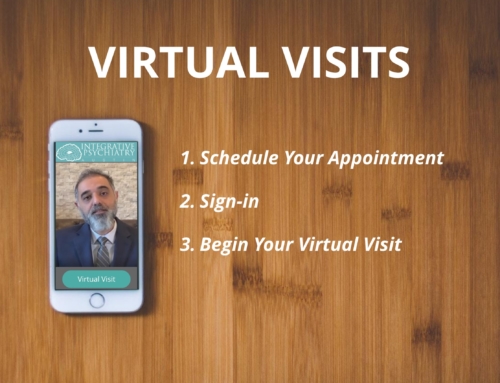For many individuals, medication is not the only, or best, way to treat symptoms of Attention-Deficit/Hyperactivity Disorder (ADHD). When necessary and effective, stimulant and non-stimulant drugs used to treat ADHD can work to balance neurotransmitter chemicals that regulate attention and behavior. In other cases, these medications may be less helpful and/or produce negative side-effects that actually worsen physical and mental health. As such, anyone exploring treatment options for ADHD should take time to think about the following questions before making a final decision:
1. Has a diagnosis of ADHD been confirmed, and have other conditions been ruled-out?
Characteristic symptoms of ADHD include distractibility, poor organization, forgetfulness, excessive restlessness, and impulsive decision-making. However, these behaviors are also common features of other medical and psychiatric conditions, as well as individual responses to certain environmental or situational factors. For this reason, an initial ADHD evaluation should always include a comprehensive assessment of a person’s history, observations of their functioning across different settings, standardized tasks of cognitive performance, and additional test data to help identify or rule-out other causes of problems with attention or self-regulation. If an existing diagnosis of ADHD was provided without taking these sources of information into account, it may be advisable to seek a more in-depth psychiatric or neuropsychological assessment before moving forward with treatment.
2. Are appropriate environmental supports in place?
Studies show that most children and adults with ADHD report significantly less severe problems when their living and work environments support and accommodate their challenges. For children, good environmental management is often achieved through regular consultation between treatment providers and a child’s parents, teachers, or other caregivers. All family and household members should be well-supported to practice good self-care, maintain healthy interactions with one another, reinforce effective behaviors, and respond to the child’s needs in a compassionate and consistent manner. Behavior therapy and parent training are typically recommended as a primary treatment approach for younger children with ADHD, and can serve as a helpful component of care for many older children and teens. School-aged children with ADHD should receive sufficient academic accommodations and modified instruction to address any impacts of their symptoms on their learning and school performance. Organizational tutors or coaches can help to build effective self-management and study strategies. Just as for children, ADHD treatment for adults should involve a team of professionals, as well as partners or other family members. Adults with ADHD can also benefit from educational support in learning environments, as well as consultation or coaching to help with job/career selection and development of organizational and self-advocacy skills.
3. Are current lifestyle practices conducive to good attention and focus?
Reviewing a person’s typical routines and habits can help identify some effective ways to improve concentration and self-control. For example, individuals who have ADHD often do best when they make time for daily moderate cardiovascular exercise, follow a diet that meets their medical and nutritional needs, practice good sleep hygiene, maintain a consistent schedule, and minimize consumption of substances that interfere with cognitive and behavioral regulation.
4. Have additional non-medication treatments been considered and tried?
By definition, the integrative medicine approach to ADD and ADHD treatment incorporates a variety of non-medication healing modalities, which work together to address a whole person’s needs instead of just targeting individual symptoms or problems. Evidence-based interventions in this category may include nutritional supplements, individual or family psychotherapy, meditation and mindfulness training, acupuncture, neurofeedback, dietary therapies, and environmental hygiene. Research findings suggest that a combination of these supports may help to control ADHD symptoms as well (or even better than) medication alone.
5. If I do try medication, how will I know if it is helpful or not?
Anyone starting a trial of ADHD medication should be monitored by a qualified physician, preferably one who specializes in integrative treatment of ADHD and related psychiatric conditions. It can also be useful to consult with a qualified neuropsychologist or clinical psychologist, who can use performance-based tests and other assessment procedures to estimate the effectiveness of medication at a given dose. Even so, it is important to maintain realistic expectations, as even when medication is working well it will likely represent only one part of an effective treatment approach. Be sure to discuss this issue with your provider, and to ask about any additional services or strategies that might enhance or supplement medication benefits.
To obtain further information or guidance regarding ADHD assessment and treatment, please contact Integrative Psychiatry Austin by phone at (512) 766-7803, or through the “Request an Appointment” link on our website 0r calling 512-766-7803.






